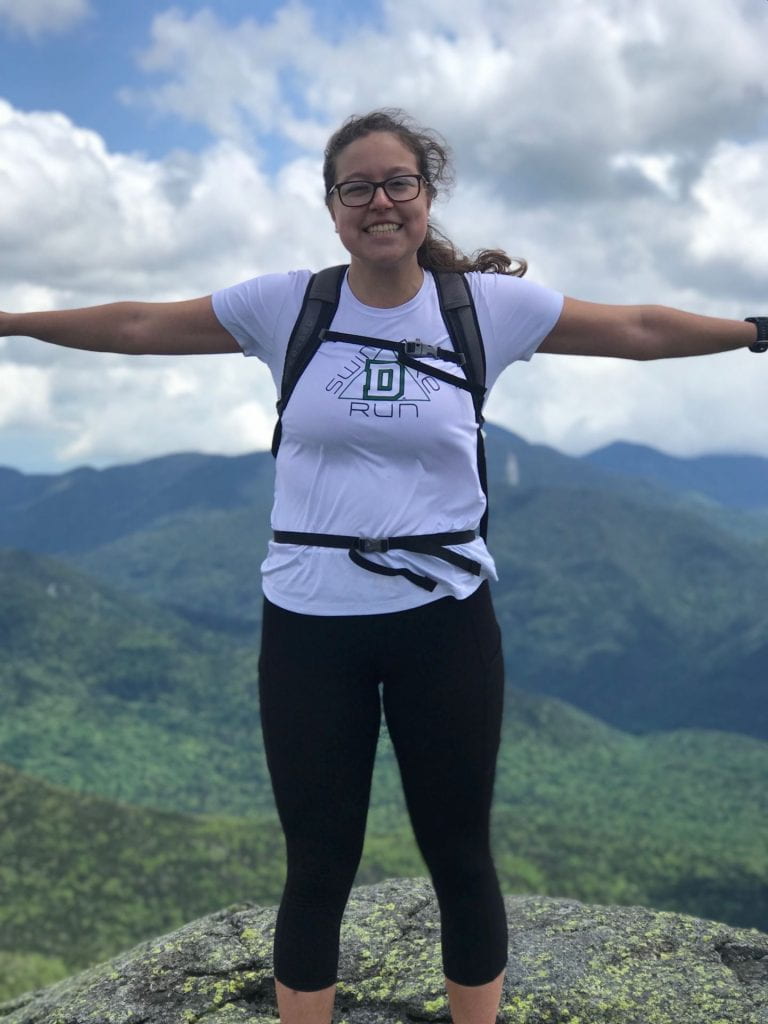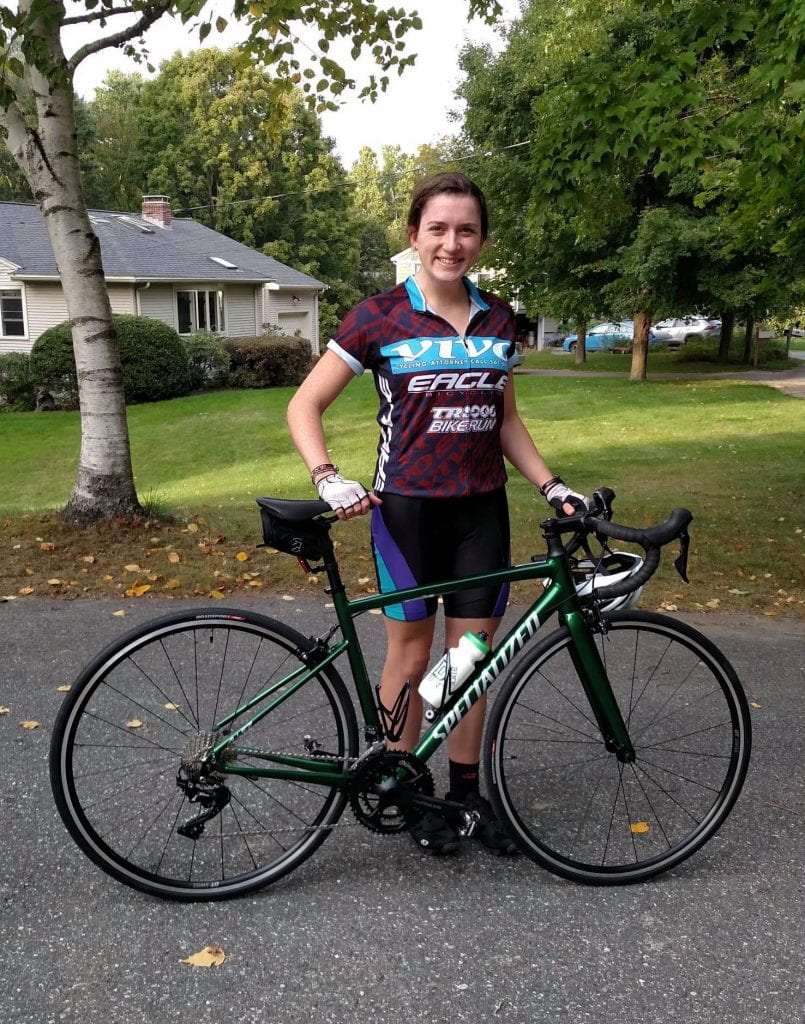Recently, four members of the exec board got together to write a new mission statement to update our vision for the team. The group consisted of myself, a sophomore captain, and two seniors to get a balance of both old values and future visions for the team. We have finalized a draft of our new mission statement, and I thought it would be helpful to share it along with some annotations about why tri team matters so much to me.
Mission Statement
The Dartmouth Triathlon Team aims to create a welcoming and inclusive environment for Dartmouth students of all abilities who are interested in training for and racing in triathlons. We strive to foster a supportive and positive team spirit that celebrates all types of success. The Dartmouth Triathlon Team empowers its members to pursue athletic achievement while also providing leadership opportunities as a student run team.
Comments
”The Dartmouth Triathlon Team aims to create a welcoming and inclusive environment for Dartmouth students of all abilities”
One of the main reasons I stuck with the team after freshman fall was because of how inclusive and kind the older members were. I still vividly remember my first day of practice- an outdoor bike ride. I was flustered and overwhelmed by my first week of college and I was a little slower than the rest of the group. However, one of the 18s stayed back and rode with me so that I wouldn’t have to make it back to campus alone. The talent of my fellow teammates could have been intimidating and caused me to quit, but instead I felt included and supported.
“…who are interested in training for and racing in triathlons.”
This part is pretty crucial and self-explanatory- we are the triathlon team and everyone on our team should be training to do a triathlon, duathlon, or aquabike race. Dartmouth has a club swim, club cycling, and club running team, so the combination of all three sports is what makes us unique.
“We strive to foster a supportive and positive team spirit that celebrates all types of success.”
This sentence sums up our team really well. You don’t have to be ready to win a triathlon to be a member, but you should be training to achieve your own successes, whether that looks like swimming a smooth lap of freestyle or completing an ironman (shout out to Emma Rodriguez ’20 who is now an ironwoman!). Because our team is positive and supportive, practices are really fun. Last week we did hill repeats as one of our running practices, which could have been terrible. Instead, it was great because everyone cheered each other on as we ran up and down the hill at our own paces.
“The Dartmouth Triathlon Team empowers its members to pursue athletic achievement”
We have some pretty amazing athletes on our team- ironmen, people going to world championships this summer, and we frequently sweep the podium at races. Our practices involve challenge by choice- everyone gets a copy of the work out and there are lots of ways to tailor it to your ability level, which allows everyone to reach their highest potential. The practice format has allowed me to feel challenged without ever feeling frustrated and I have definitely improved in all three disciplines.
“…while also providing leadership opportunities as a student run team.”
We have two fabulous volunteer coaches that help us plan and run workouts and we are so grateful to have their support. However, we are still a student run team, so we are in charge of planning logistics for every event we go to, reserving spaces for practices and events, and making sure that our practices are safe. As a new member of the exec board, I have learned that it takes a lot to run a team. The captains and the exec board work really hard to make everything run smoothly.
The triathlon team has had a very positive impact on my time at Dartmouth so far and I was really thankful to have the opportunity to help write the mission statement. The statement allows us to have a strong set of core values that we can go back to in the future.
SBR,
Hannah
About the Author
Hannah Lang ('21) is a new member of the exec board studying Arabic and Quantitative Social Science. She loves cooking, slogs (slow jogs) with teammates, and traveling.










